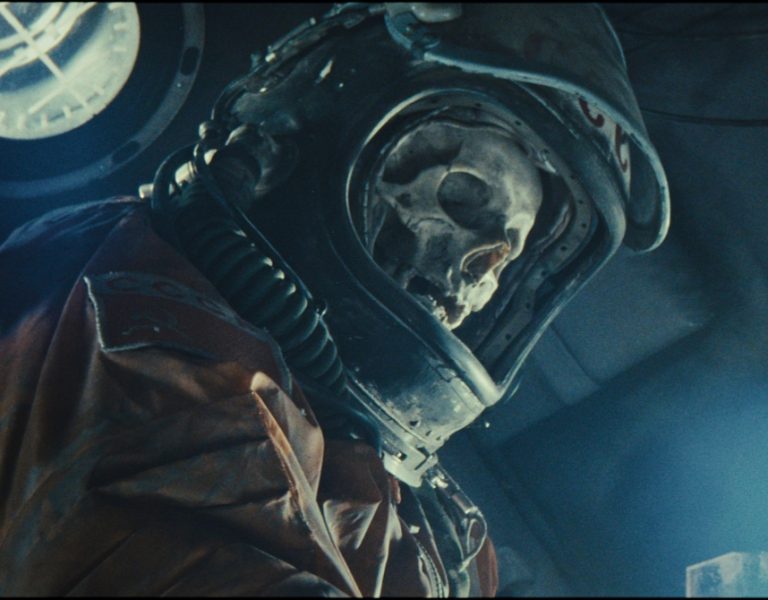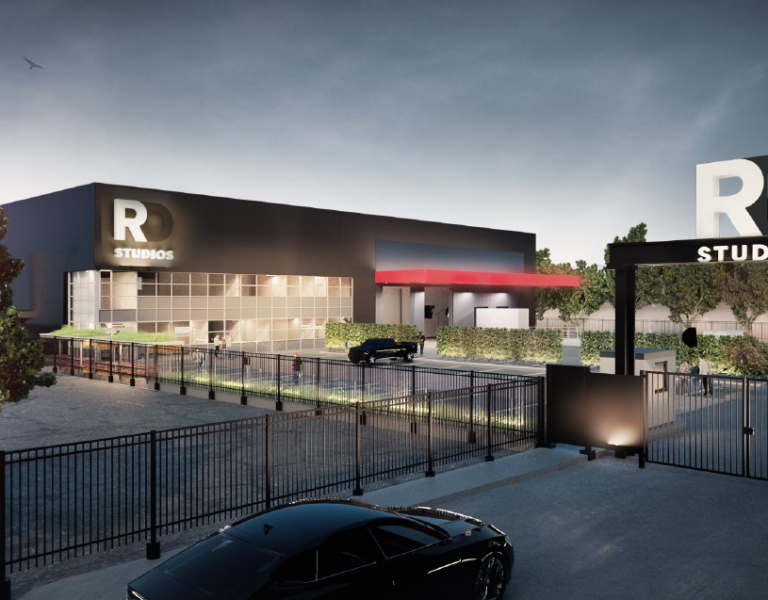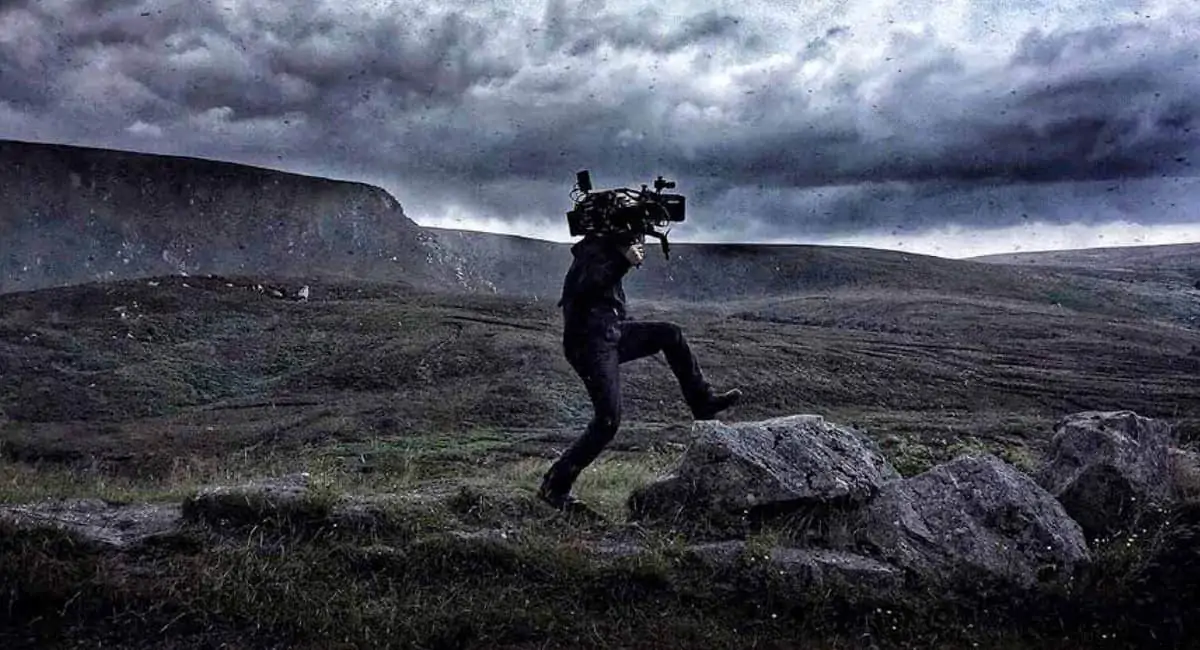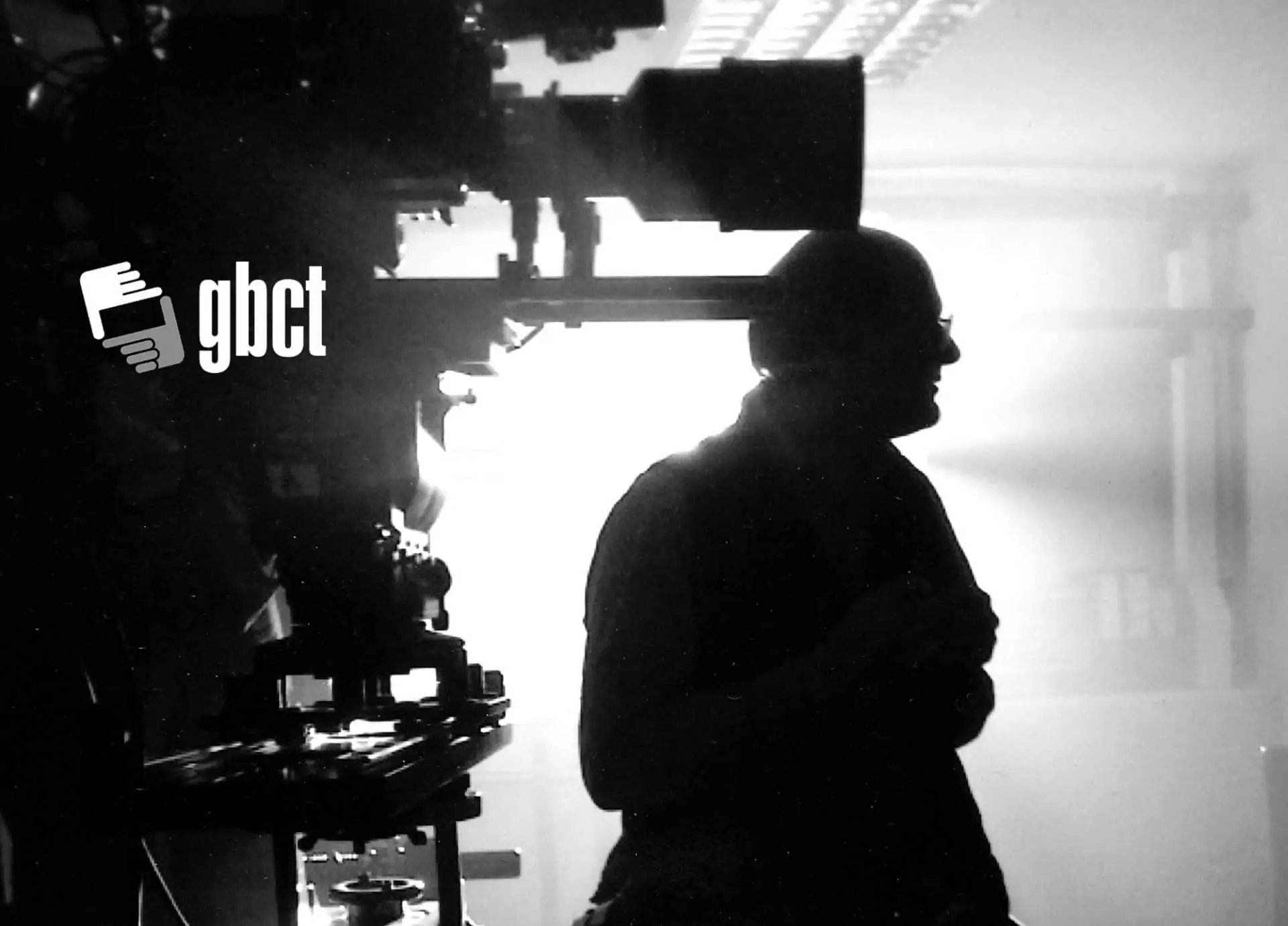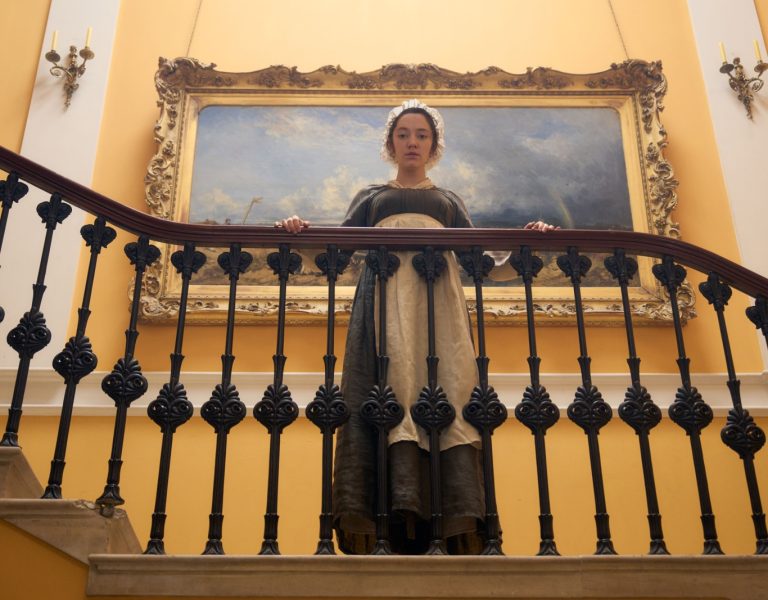Over the last few years, efforts have been made to redress the issue of ‘free’ guaranteed overtime, but there is a flaw in the way this concept has been constructed.
Can we legislate for goodwill? If we can, how much does it cost? So much of what we call professionalism is the goodwill to go that step beyond the ordinary. Those little extra bits that make the whole come together in a way that gets a project done to an exceptional level of creativity and expertise. We may only see a director of photography blow the dust off their Pan glass before starting the day. However, we do not see them reading the script, researching visual references, and thinking long and hard about how to achieve the project’s goals. This sort of extra mile is expected, but can it be put into a contract, quantified, and regulated?
Camera assistants will often take an early minibus to the set (leaving their breakfast early!), so that they can get themselves together, ready to start the day in good order. This is done by the goodwill of their professionalism. This action does not contain any element of ‘work’, in terms of setting up cameras, building rigs, let alone shooting. That would be real work and not what is “customary to that department and in accordance with current working practices”. Some departments (like Costume, Make-Up, Locations and Ads) often do an extra amount of real work before the camera starts to roll. They need to get themselves ‘ready for’ as well as ‘do’ the work for which they are engaged. In addition to doing their personal preparation, their contracts will include an element that covers the guaranteed overtime for the work done outside of shooting hours. This work is no different to the work they do during shooting hours, it is just extra work time. Both types of preparations have been custom and practice for a long time. For a long time, this amount of guaranteed overtime has been rolled into the fees so that technicians have felt that they are being compelled to work those extra hours for free.
Over the last few years, efforts have been made to redress the issue of ‘free’ guaranteed overtime, but they have ushered in the concept of prep and wrap as part of the basic deal. There is a flaw in the way this concept has been constructed. The goodwill personal preparation and the guaranteed overtime have been rolled in together. This has meant that goodwill has become commoditized and guaranteed overtime has been erroneously added to the deals of people who never customarily did it. The confusion between these two sides of the concept has been rather cynically used to impose guaranteed overtime for free. Excessive amounts of prep and wrap have been put into contracts for those of us who never before had guaranteed overtime as part of our deals and then that same amount has been deducted from pre-calls and extended clear ups. Camera crews have even been threatened with pay deductions for still being in breakfast half an hour before call.
Producers have been complaining of hostile attitudes from crews without a shred of the necessary self-awareness that it is their own misuse of the prep and wrap provisions that are the cause of the ill-will. The changes that are necessary involve calling things what they are and paying for what needs to be paid for. Real work must be called real work. It can be paid within the contracted fee or not, but it must be paid for. All hours beyond the standard working day are overtime. Additionally, all personal preparation and wrapping is goodwill professionalism and should be just that. Take the notion that goodwill needs to be compelled, and contracted for, out of any of the dealings with the crew. In the end, all that is necessary to achieve this is to trust the professionalism of your technicians and let them show you the natural goodwill that is part of every good member of the camera department.


